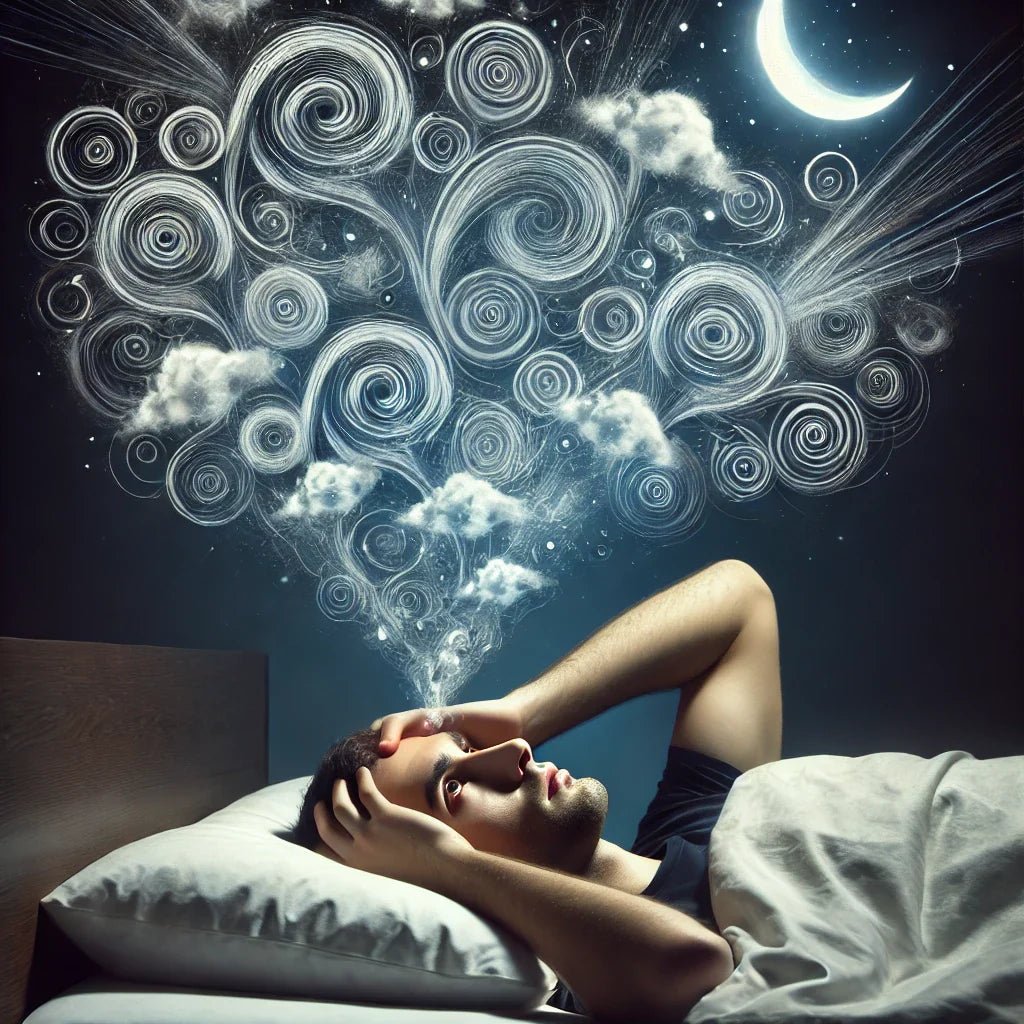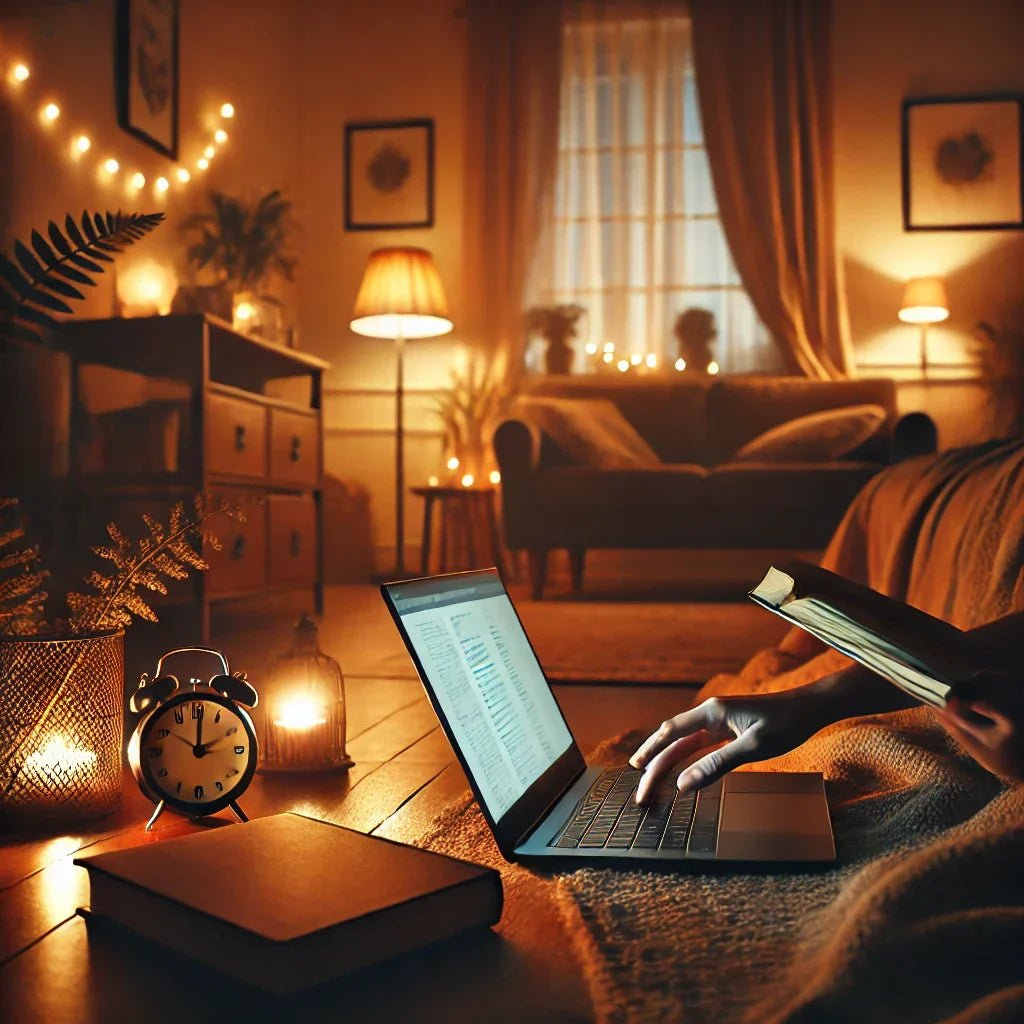Tired But Can’t Sleep? These Habits Might Be the Culprit.
You’re finally in bed after a long, exhausting day—but instead of drifting off, your mind starts racing. You toss, turn, sigh...
Why does sleep feel so far away when you're most in need of it?
The truth is, your bedtime habits matter more than you think. What you do—or avoid—before sleep can completely determine how well you rest.
Let’s break down 5 things you should absolutely stop doing before bed if deep, restorative sleep is your goal.
1. Scrolling Through Your Phone

We get it—checking just one more video or message feels harmless.
But here’s what actually happens: the blue light from screens suppresses melatonin, the hormone that tells your brain it’s time to sleep. And stimulating content? That just gets your brain fired up.
Why It Hurts:
-
Delays melatonin production
-
Keeps your brain in “alert mode”
-
Increases anxiety (especially social media)
💡 Sleep Tip: Power down your devices 1 hour before bed. Charge your phone outside the bedroom.
2. Drinking Caffeine After 3 PM

Even if you think you're immune to caffeine, it lingers in your system far longer than you realize—up to 10 hours.
That afternoon latte? It may be the very reason you can't fall asleep at midnight.
Why It Hurts:
-
Blocks adenosine (the chemical that makes you sleepy)
-
Delays REM sleep
-
Lightens overall sleep quality
💡 Sleep Tip: Switch to herbal teas like chamomile or peppermint after 3 PM.
3. Exercising Too Late

Regular exercise is great for sleep—but timing matters.
If you work out too close to bedtime, your body temperature stays high and stress hormones like cortisol spike—both of which can delay sleep.
Why It Hurts:
-
Raises core body temperature
-
Stimulates adrenaline and cortisol
-
Disrupts natural wind-down rhythm
💡 Sleep Tip: Finish workouts at least 3–4 hours before bed. Evening walks are okay if they’re gentle.
4. Having Intense Conversations or Arguments

Bedtime is sacred. If you bring stress into it—whether through relationship tension, work problems, or even stressful TV—you risk hijacking your calm state.
Why It Hurts:
-
Activates the sympathetic nervous system
-
Increases mental overthinking
-
Makes it harder to relax into sleep
💡 Sleep Tip: Schedule heavy conversations earlier in the evening. Create a “no conflict after 9 PM” rule if needed.
5. Leaving Lights On While You Sleep

Even dim light can mess with your body’s circadian rhythm.
Your brain needs darkness to release melatonin properly—light confuses it into thinking it’s still daytime.
Why It Hurts:
-
Suppresses melatonin
-
Leads to fragmented, shallow sleep
-
Associated with higher risk of metabolic issues
💡 Sleep Tip: Use blackout curtains. Replace ceiling lights with soft, warm-toned mood lighting. (Like our Slenvi Light 🌙)
Your Nighttime Routine Is a Love Letter to Your Tomorrow.
Sleep isn’t just about turning off the lights—it’s about setting the stage for your mind and body to fully rest.
By simply removing these five habits, you open the door to better sleep, calmer mornings, and sharper days.
🌿 At Slenvi, we believe in the power of intentional evenings. Whether it’s calming scents, warm lighting, or emotional reset rituals—we’re here to help you unwind with care.
Want a nighttime checklist that actually works?
Let me know—I can create a printable bedtime guide just for you!







